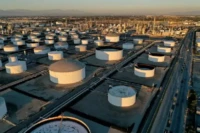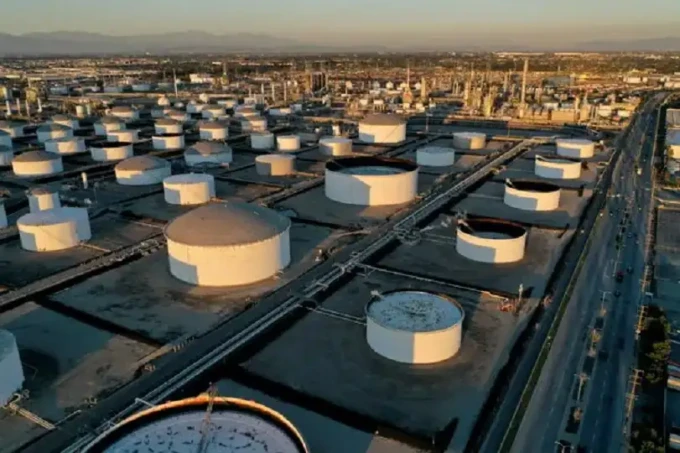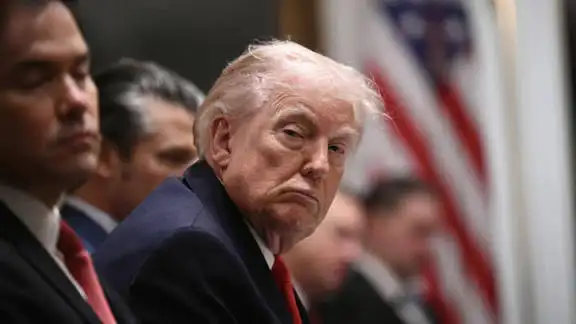South Korea is actively pursuing a roadmap to achieve developed market status by the end of 2025, aiming to attract greater foreign investment and enhance its global economic standing. The Financial Services Commission (FSC) has outlined a comprehensive plan focusing on key areas such as market accessibility, corporate governance, and financial infrastructure.
A significant component of this initiative is the liberalization of the foreign exchange market. In July 2025, the government introduced measures to extend won trading hours, allowing overlap with major global markets like London. This move is intended to improve market accessibility and align with global standards, addressing previous concerns about limited currency market accessibility that hindered foreign investment.
Corporate governance reforms are also central to South Korea’s strategy. In July 2025, the National Assembly passed a revised Commercial Act that expands the fiduciary duties of board members to better protect minority shareholders. This legislation aims to eliminate the “Korea Discount,” where South Korean companies are undervalued compared to global peers due to dominance by family-owned conglomerates. The reform is expected to restore investor confidence and strengthen market systems.
Despite these efforts, South Korea faced a setback in June 2025 when MSCI declined to include the country in its Developed Markets Index watchlist. MSCI cited ongoing concerns over market accessibility and operational challenges, indicating that South Korea’s market reforms have not yet fully addressed the criteria for reclassification. This decision underscores the complexity of achieving developed market status and the need for continued reforms.
In response to these challenges, the government is intensifying its reform agenda. The FSC has submitted a detailed roadmap to the Presidential Committee on Policy Planning, outlining plans to approve spot crypto exchange-traded funds (ETFs) and establish a won-backed stablecoin ecosystem by late 2025. These initiatives aim to modernize the financial sector and attract institutional investors, signaling a commitment to aligning with global financial trends.
Additionally, the Bank of Korea is navigating complex economic conditions, including a booming property market and escalating U.S. tariffs. The central bank faces challenges in stimulating economic growth while managing inflationary pressures and financial stability. The government’s fiscal stimulus package and ongoing structural reforms are part of a broader strategy to address these issues and support the economy’s transition to developed market status.
Through these multifaceted efforts, South Korea is striving to meet the criteria for developed market status, aiming to enhance its economic resilience and global competitiveness. The success of this roadmap will depend on the effective implementation of reforms and the ability to address both domestic and international challenges.












Leave a comment